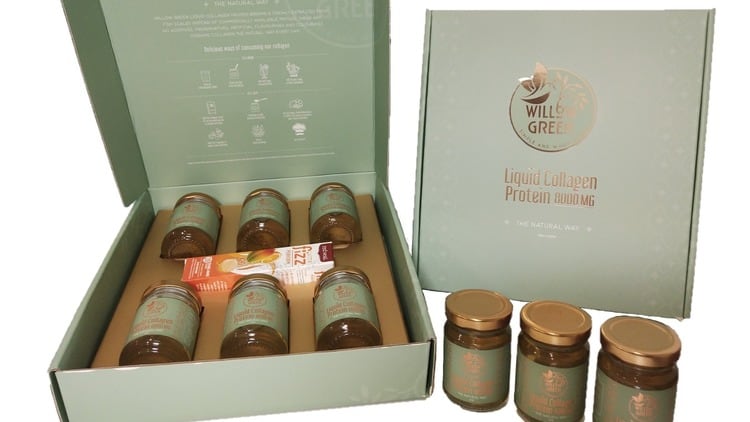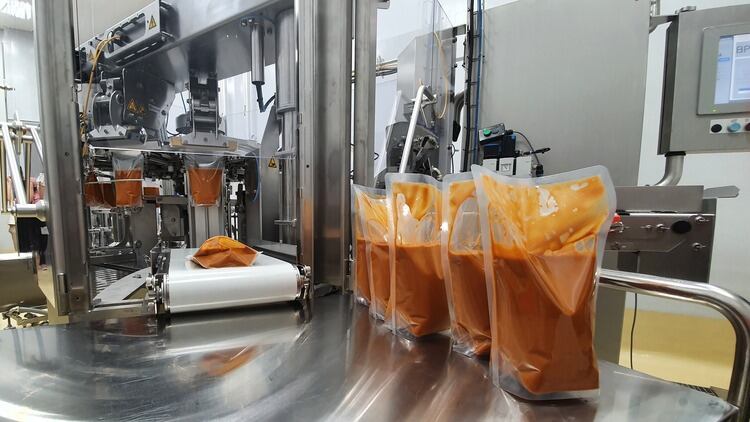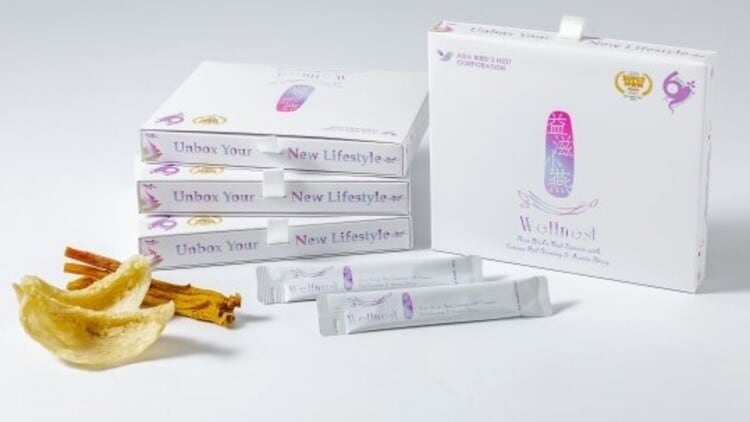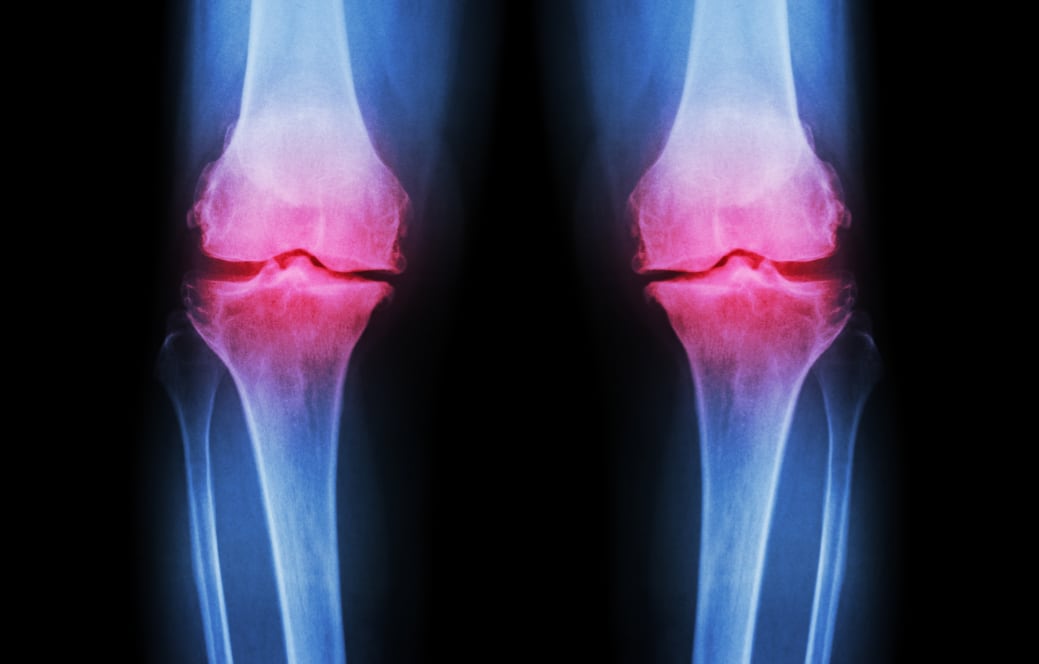The firm’s jelly beverage highlights how marine collagen can aid the maintenance of skin elasticity, nourishes joints and ligaments, reduce signs of ageing and strengthen the body.
For the re-branding process, its founder Ng Lew King, an optometrist for 20 years, has introduced a new line with zero fat and sugar named Willow Green after undergoing more than six months of R&D. The line targets individuals 30 and above.
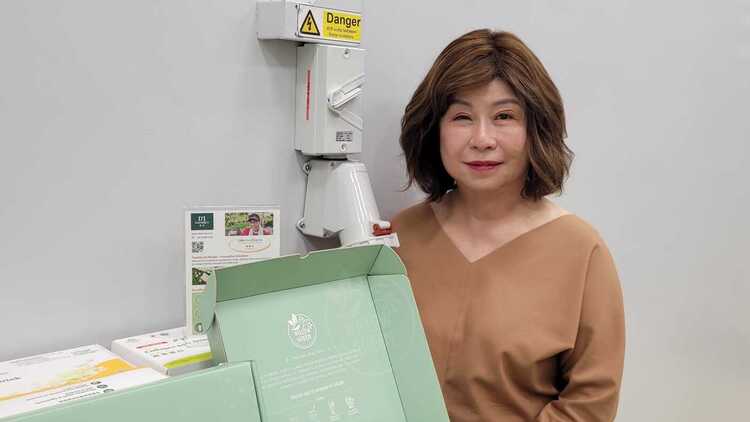
Before this, Dahmeh offers the beverage with additional ingredients, like monk fruit (luo han guo), lemongrass and brown sugar.
“We need to expand, and it is hard to expand, especially for liquid products. The COVID-19 pandemic has already made (the business scene) quiet. We were also quiet for two years.
“Now, we have plans to expand overseas through re-branding our beverage to Willow Green, which is more flexible. People from other countries may not like the older versions, for instance, the one with lemongrass.
“Once we settle the export licence and necessary documentation, we want to expand to Indonesia, China, UAE and Saudi. UAE and Saudi are great markets because we have the halal certification, and the consumers there do not have the variety of choices,” said Ng, 68 years old.
Ng, who established Dahmeh in 2018, decided to create the beverage after consuming a complimentary fish-scale jelly dessert, which was not on the menu of a Singaporean Chinese restaurant.
“I was born in Kedah (northern Peninsula Malaysia) and noticed that the villagers make a home-cooked version. But you might only get the scales’ gelatine, not the collagen. They also add rock sugar and try to mask the fishy smell. Commercially, firms usually use fish skin or powders originating from bovine or porcine sources,” she said.
On the other hand, Dahmeh uses seabass scales, and it maintains the content of 8,000mg of collagen in each glass bottle of 130 millilitres. The scales, which she claims come from a sustainable source, hail from an Asian country which she declined to reveal.
According to Ng, consumers need at least two months of consumption to notice a difference. Individuals with kidney or health issues must consult a physician first before consuming.
In a paper unrelated to Dahmeh, a team of researchers from the Nanyang Technological University (NTU) of Singapore in November 2017 analysed type I collagen extracted from fish scales as a potential alternative source of collagen for tissue engineering applications.
The team also acknowledged that the most common sources of collagen are of bovine and porcine origins, although the industrial use of collagen obtained from non-mammalian species is growing in importance, particularly since they have a lower risk of disease transmission and are not subjected to any cultural or religious constraints.
Dahmeh’s odourless jelly can be drunk on its own, mixed with an effervescent vitamin C tablet or honey, added to ‘cheng tng’ (loosely termed as ‘clear soup, but refers to a traditional hot or cold dessert widely available in Singapore and made with a myriad of ingredients like sago pearls, white fungus, red dates and pearl barley) and meat soups.
Six bottles retail at SGD$99 (USD$70) with 20 vitamin C tablets via e-commerce websites like Qoo10, Lazada and Shopee. The package was launched on Mothers’ Day on 8 May.
Intensive improvement
Conventionally, Dahmeh utilises an OEM foodtech factory to produce around 400 to 500 bottles daily. However, it started using retort technology to extend the shelf life of its product in 2019. Then, the beverage could last anywhere from 18 to 24 months, said Ng.
With additional assistance offered by the joint facility FoodPlant in Singapore, Dahmeh aims to scale up to produce 3,000 bottles daily.
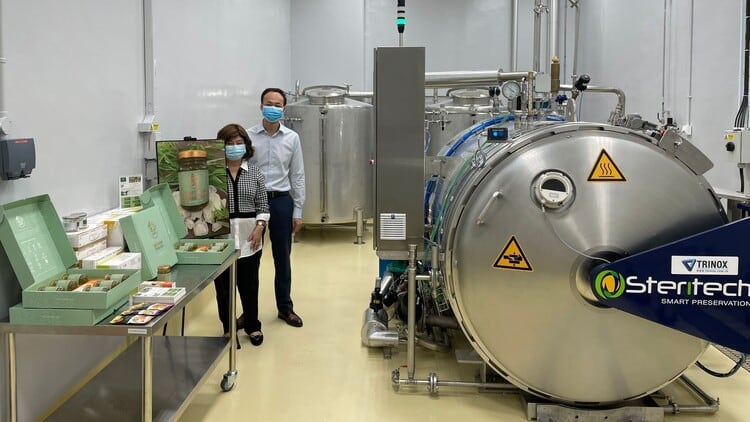
“To produce 100% collagen is challenging. It’s a troublesome process; it is not from a powdered source or has flavouring. We have to cook the scales, sieve and bottle them. The process is complex.
“With a small factory, I cannot scale up. But FoodPlant at Senoko (northern Singapore) can help me cook more and scale up production,” she said.
Ng now hopes that Dahmeh will reach more people, especially those with knee and joint pain.
“When you look good, you will feel younger and smile all day. I believe building ourselves internally is more lasting,” she said.

